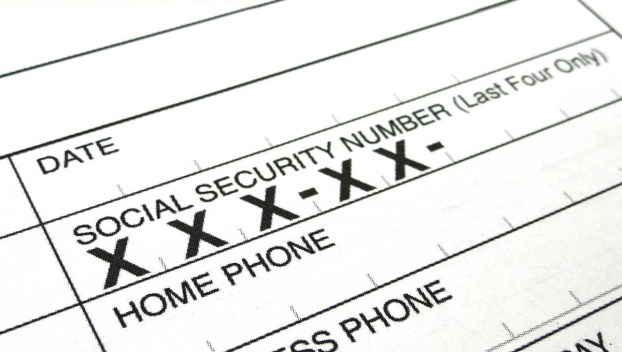
Uncategorized
Appealing for disability benefits brings arduous wait
WASHINGTON - The government says Vernon Lamirand, even with one eye, can find a job and doesn’t need ... Read more

WASHINGTON - The government says Vernon Lamirand, even with one eye, can find a job and doesn’t need ... Read more